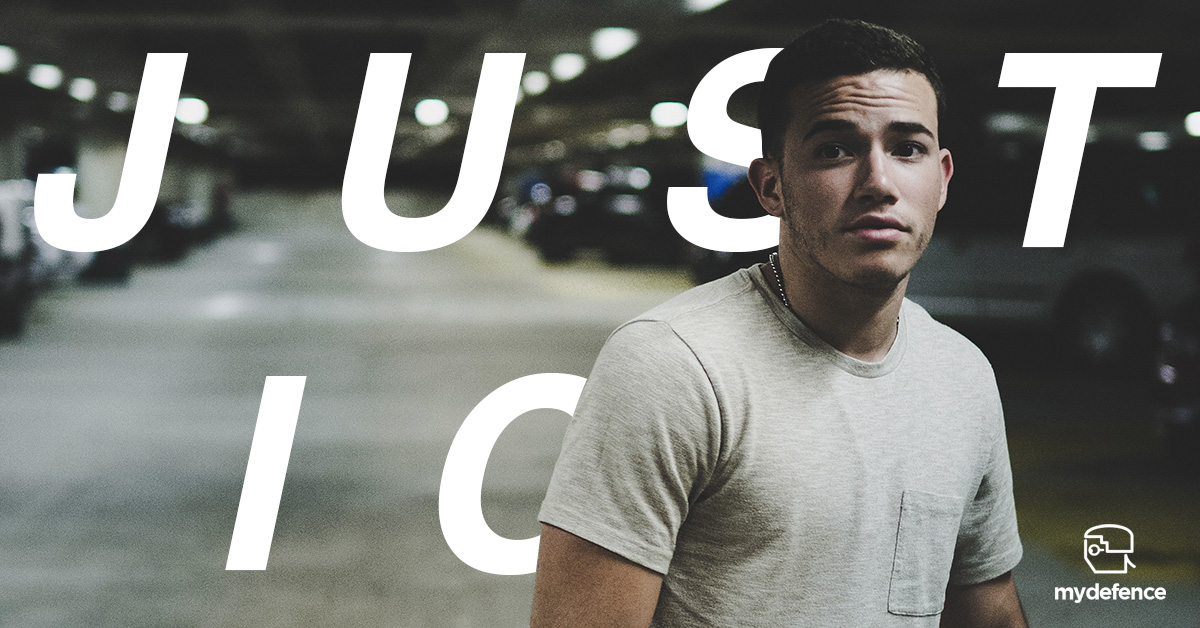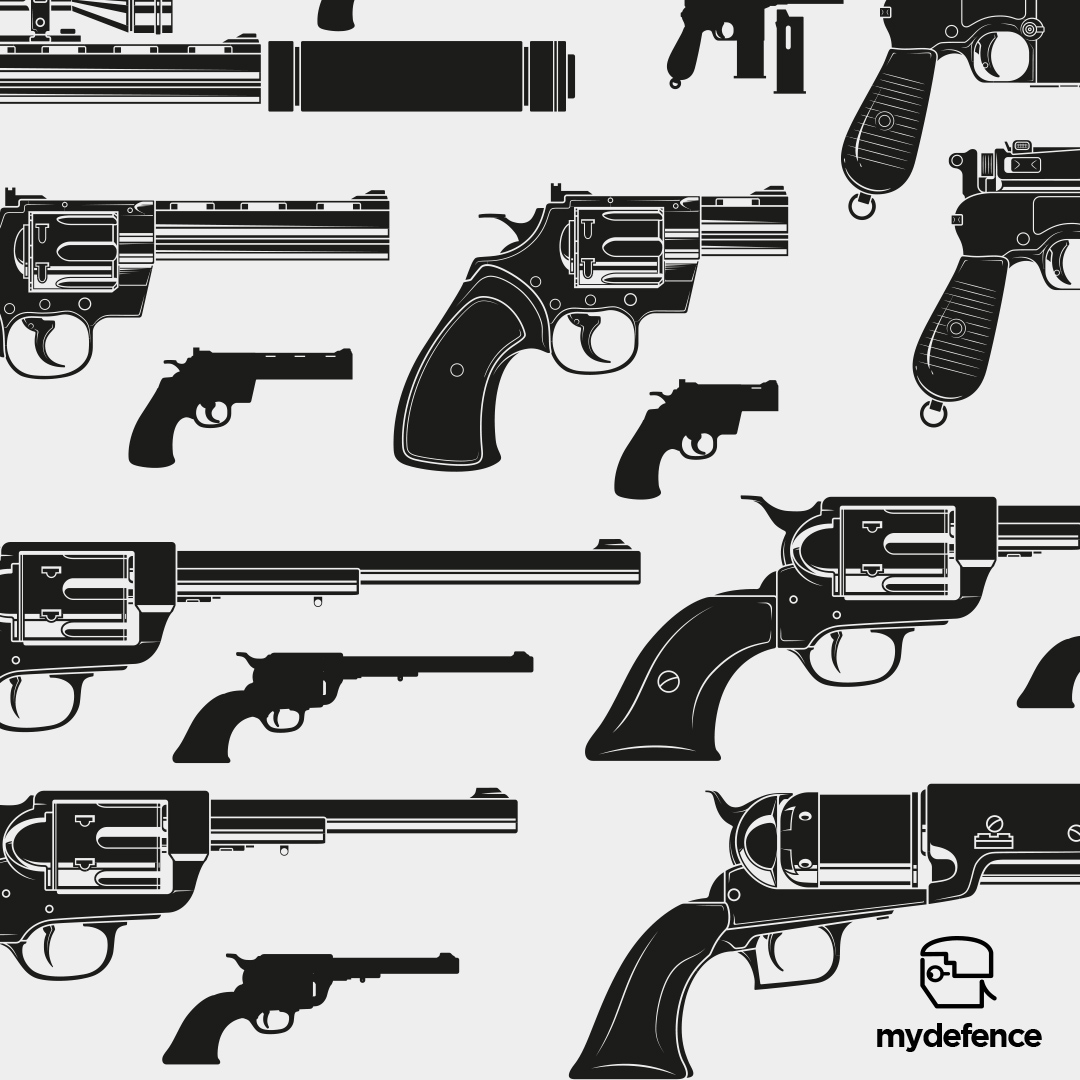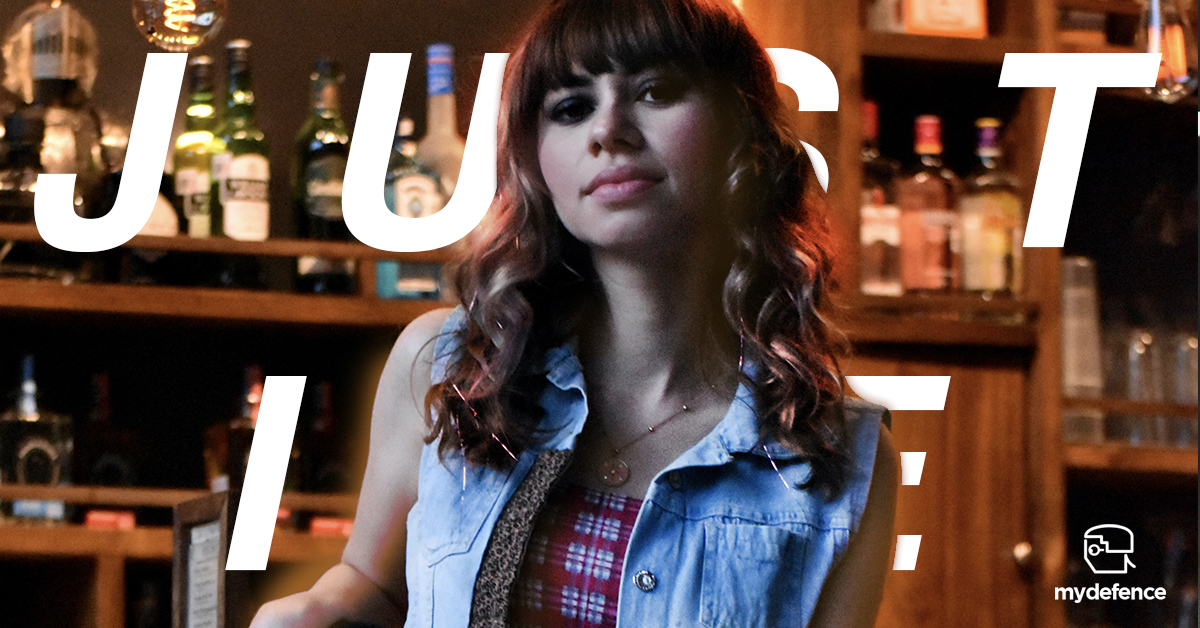
MyDefence News.
News on cases our referred lawyers have been defending and information for everyone's legal life skills.
How police use victim statements When police charge a person (the accused) for committing an offence against another person (the complainant), a formal complaint is required by the victim in order for the police to proceed with an investigation. Police will take a signed and witnessed statement from the victim outlining what the accused did to them. Police will then use that statement as evidence to prove the offence in court. Victim doubts their recollection Sometimes
If you think posting videos of burnouts means you can’t be charged then you should be made aware of Operation Achilles. Since 2021, Victoria Police have been trawling social media posts of videos, photos and comments to gather evidence of alleged hoon offending. This has lead to 75 arrests resulting in 518 charges and 111 impounds. A plea of guilty to Dangerous Driving is a mandatory 6 months licence disqualification. This is the most common
If you grew up playing cowboys and Indians and bought toy guns from the local market, you may be surprised to know that possessing many of them is illegal. Section 5AB of the Control of Weapons Act 1990 makes it an offence to possess an imitation firearm. Go to any toy retailer these days and you’ll not see any toy guns that look real, they are all brightly coloured with ridiculous form factors to conform
Consequences of a criminal conviction in Australia The greatest concern of clients pleading guilty to an offence is the effect this will have on their employment. In most Australian States and Territories there are spent conviction laws that operate so that any sentences given with or without conviction will not appear on police checks. The principle behind spent convictions is that people should not have a life sentence for bad decisions in the past that were
Criminal charges from violent threats Threatening another person with violence can include: Threats to inflict serious injury; or Threats to kill. However, it is not always the case that the threat can be proved by police beyond reasonable doubt. Elements of the offence The accused made a threat to the complainant to inflict serious injury/or kill upon either the complainant or another person; The accused either: intended the complainant to fear that the threat would
MyDefence referred lawyers at Kauthen Legal recently secured bail for a client who had spent two years on remand due to what a County Court judge described as the "extraordinary delay" caused by the caronavirus pandemic. The pandemic has meant that jury trials have been suspended until 2021, and with the second infection outbreak in Victoria there is no certainty as to when the client will have his trial brought before the courts. Click here
A MyDefence referred lawyer secured a win at the Dandenong Magistrates’ Court recently where they successfully argued that a search on his vehicle was unlawful in a separate hearing called a voir dire. The Magistrate further ruled that the evidence obtained is not to be used in proceedings against the client. This is also known as fruit of the poisonous tree. Accordingly, the client was found not guilty for want of prosecution, and had to
A criminal record can be detrimental to your work prospects and ability to do volunteer work. Often organisations will ask you for a National Police Check to see that you are of good character or suitable for the role. But not all criminal offences show up on a police check. We detail what and what doesn't show on your criminal record. Firstly there are two types of criminal records in most states. One that shows
At some stage or another we've all played a sport, whether at school when we are younger or on weekends in our adult lives. Physical contact increases the chances of getting injured. Most of the time it is accidental but occasionally it is deliberate. Here's some things that you should know when you play any sport: you are agreeing to the rules of the game; and you are consenting to any injury you might reasonably
Diversion programs can avoid criminal convictions for persons accused of criminal offences even when they are guilty. All states have systems to not punish people for minor or first time offences and to give them a second chance. A criminal conviction can affect a person's job prospects for a long time where the most law abiding citizen has committed minor criminal offences because of errors of judgment or circumstances where they acted outside their character. The criminal









